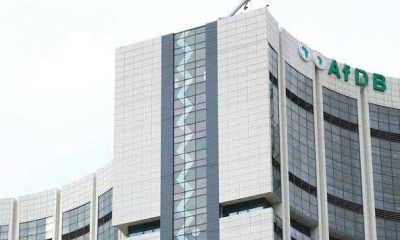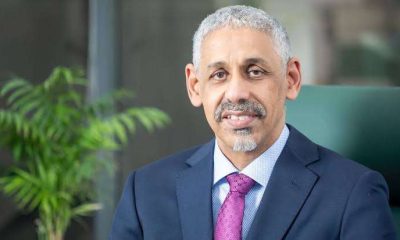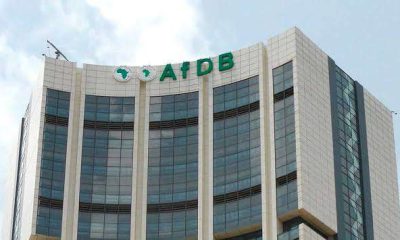Business
Governance failures affecting Nigeria’s economy— AfDB

Perennial governance shortfalls are inhibiting Nigeria’s efforts to mobilise development finance despite recent economic reforms, a most recent 2025 Nigeria Country Focus Report, newly released by the African Development Bank (AfDB) has said.
The report, which was revealed in Abuja last week was titled “Making Nigeria’s Capital Work Better for Its Development”, paints a bleak picture of Nigeria’s ability to attract and effectively use domestic resources to fund national development.
It averred that fragmented regulatory oversight, overlapping institutional mandates, and limited coordination among government bodies have continued to erode public trust and discourage investment.
“Governance and institutional shortfalls further complicate the domestic resource mobilisation landscape, impeding Nigeria’s ability to capitalise on its wealth.
“Fragmented regulatory oversight, overlapping jurisdictions between federal and subnational entities, and pervasive corruption have eroded public trust and discouraged both domestic and foreign investment.
“These constraints not only widen the development finance gap but also stunt the broader economic transformation process. Tackling them requires a strategic overhaul — streamlining administrative processes, enforcing robust anti-corruption measures, developing digital infrastructure, and reinforcing the rule of law,” the report said.
Subsequently, the report warned that without strong institutions and governance frameworks, these reforms risk losing momentum.
It added that Nigeria is currently facing an annual development financing gap of $31.5bn if it is to meet its Sustainable Development Goals by 2030.
While recent tax reforms have led to modest revenue growth, it notdd that the country’s tax-to-GDP ratio remains among the lowest in the region, estimated at around 13 per cent.
This, according to the report, reflects a large informal economy, weak tax compliance, and inefficiencies in public finance administration.
The report also raised concerns about Nigeria’s declining natural capital and underinvestment in human capital development.
It noted that Nigeria’s natural capital—such as forests, agricultural land, and renewable resources—makes up over 37 per cent of its capital wealth, but is depleting rapidly.
Since 1999, per capita natural capital has declined at an average of 2.1 per cent annually. Meanwhile, Nigeria’s Human Capital Index remains low at 36 per cent, with federal spending on education and health considered inadequate for long-term productivity growth.








